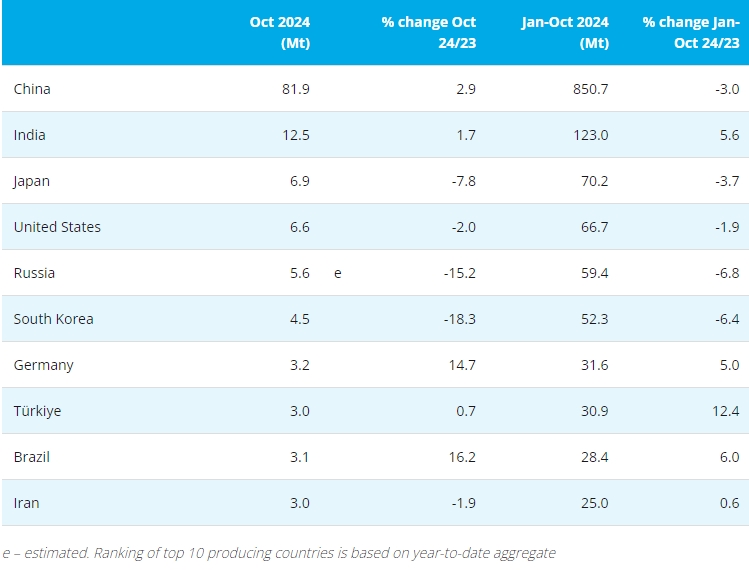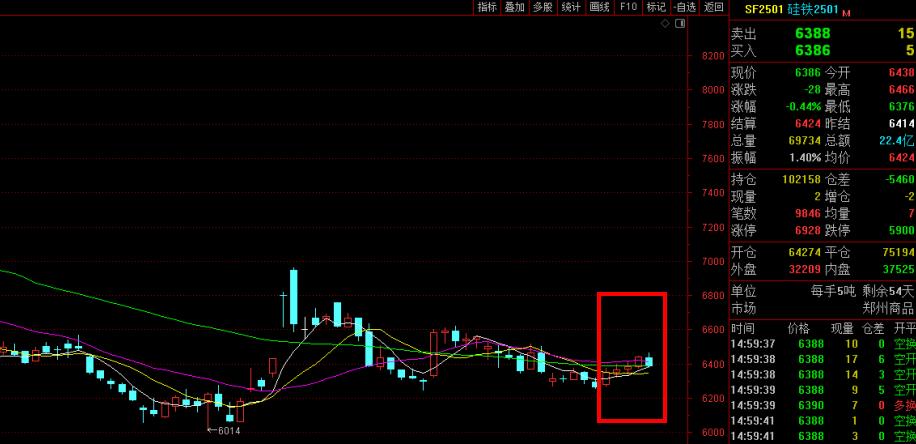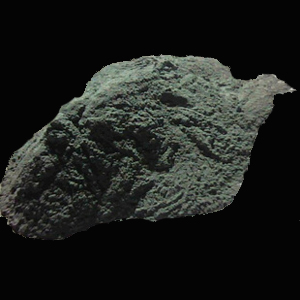[Ferro-Alloys.com] Rapidly emerging as a key player on the regional energy stage, West Africa is rich in mineral resources such as bauxite, manganese, copper, cobalt, iron ore, and gold.
In order for the region’s mineral resources to translate to economic wealth, however, the critical mineral value chain needs to be enhanced, with regulatory policies and reforms, advancements in processing and refining capacity, and heightened investment in exploration serving as key solutions.
A Wealth of Mineral Opportunities
West Africa’s mineral resources are both abundant and largely undeveloped, with several countries making strides towards developing identified resources. Guinea, for example, is home to the world’s largest bauxite reserves, having accounted for over half of global aluminum ore exports in 2020. Similarly, Ghana served as the world’s second-largest producer of bauxite in 2022, with production expected to increase by 3% through to 2026. Ghana also exported $370 million in manganese ore in 2021, with the country serving as the fifth largest exporter of the critical mineral in the world.
Additionally, Gabon has the world’s second largest deposits of manganese and currently serves as the globe’s third largest producer. Manganese deposits in the town of Moanda, Haut-Ogooué Province, are some of the richest in the world, thereby contributing to Gabon serving as a world leader in manganese mining and production.
Meanwhile, Mauritania serves as one of the leading producers of copper in Africa, producing approximately 18,800 tons of the mineral resources in 2021. Through the development of the country’s Guelb Moghrein copper-gold mine, Mauritanian Copper Mines – a subsidiary of global mining company, First Quantum Minerals –, copper production in Mauritania has been steadily increasing since commercial operation of the mine began in October 2006 and serves as a vital contributor to the West African country’s mining and mineral sector.
In Ivory Coast this August, minerals exploration company, Mako Gold, confirmed the discovery of a significant manganese deposit on the surface of its Korhogo mining project, thereby solidifying the country’s position as the sixth largest exporter of manganese ore in the world. The discovery aligns with the country’s status as a leading global producer of the critical mineral, having yielded approximately 36,000 metric tons of manganese in 2022.
Developing the West African Value Chain
As investment in West Africa’s minerals increases, the region’s policymakers will need to navigate ever-increasing geopolitical competition while supporting domestic industries to ensure that value is captured within the continent. As such, countries throughout the region have sought to restrict the flow of unprocessed minerals, with Ghana having recently passed its Green Minerals Policy and announcing the development of a $500 million lithium refining facility. Additionally, in September 2021, the West African country selected local mining company, Rocksure International, as a strategic partner to lead the construction of a $200 million bauxite mine and $1 billion refinery in central Ghana, tapping into the country’s estimated 900-million-ton reserve base and producing five million tons of bauxite ore per year. Meanwhile, in an effort to promote public-private partnerships, the Gabonese Government has begun to implement a general policy that limits the export of raw materials.
While these efforts have already begun to show promising results, significant levels of investment are still required if the region is to unlock the full potential of its mineral resources. Connecting capital to projects, therefore, has become vitally important, and the MSGBC Oil, Gas & Power 2023 conference – scheduled for November 21-22 this year – provides a platform for investors and policymakers to connect. As the premier energy event for the region, the conference serves as an important platform for discussions on MSGBC energy and mineral-related opportunities to take place.
- [Editor:tianyawei]



 Save
Save Print
Print Daily News
Daily News Research
Research Magazine
Magazine Company Database
Company Database Customized Database
Customized Database Conferences
Conferences Advertisement
Advertisement Trade
Trade


















Tell Us What You Think